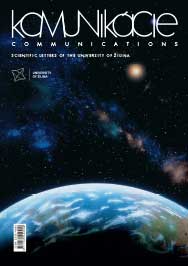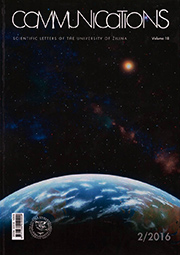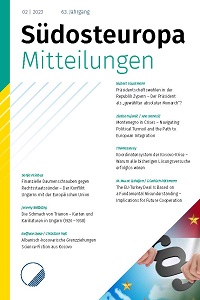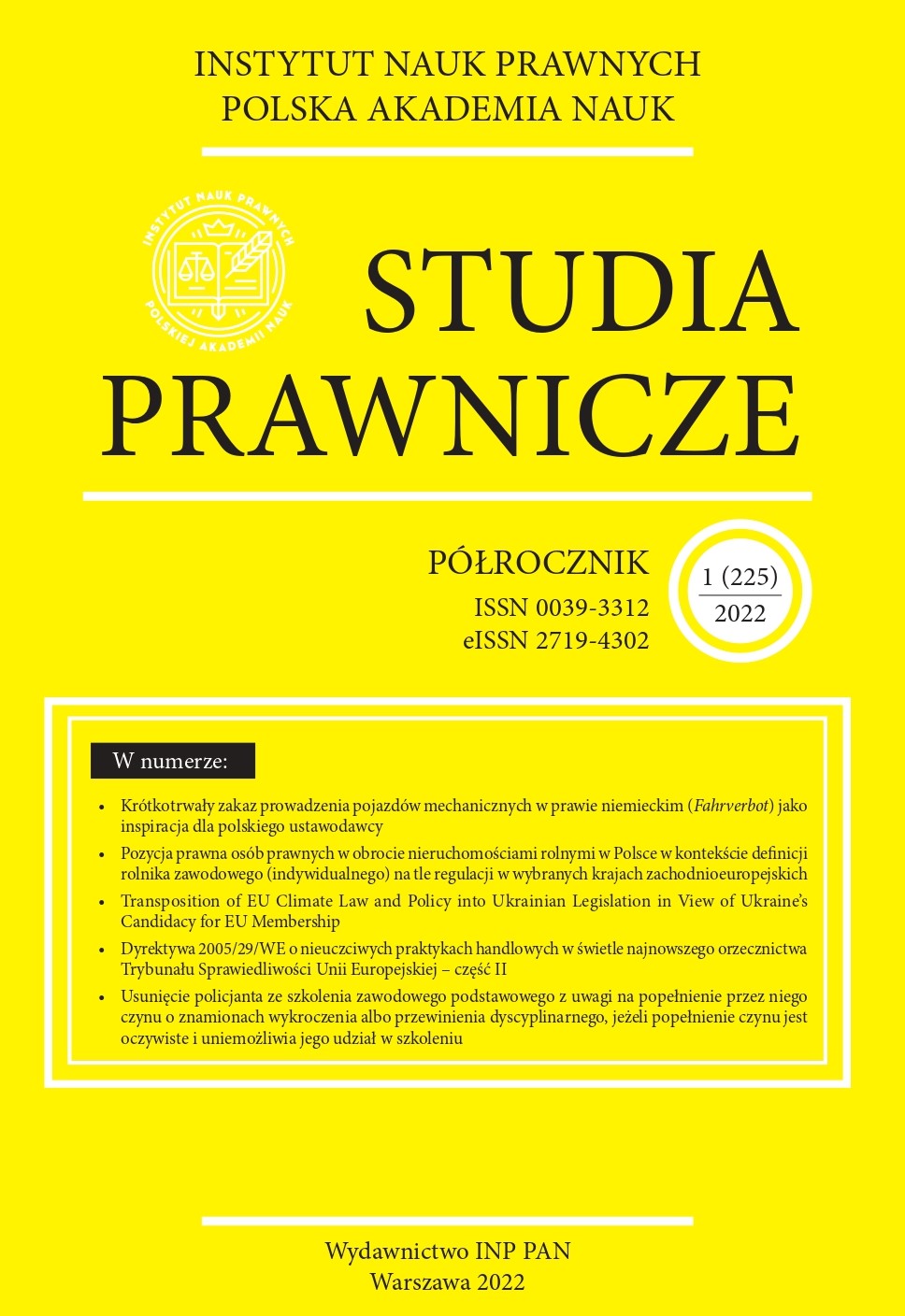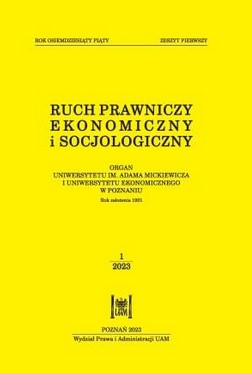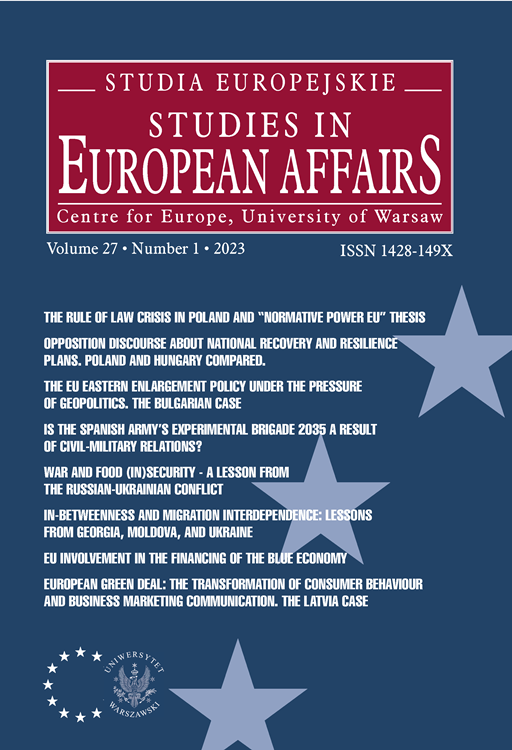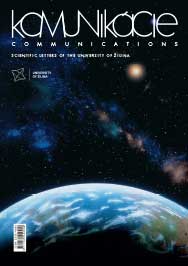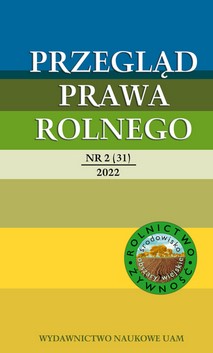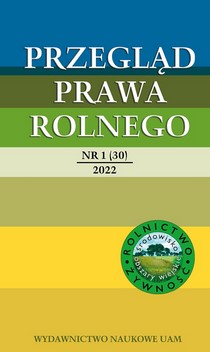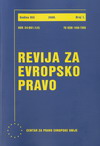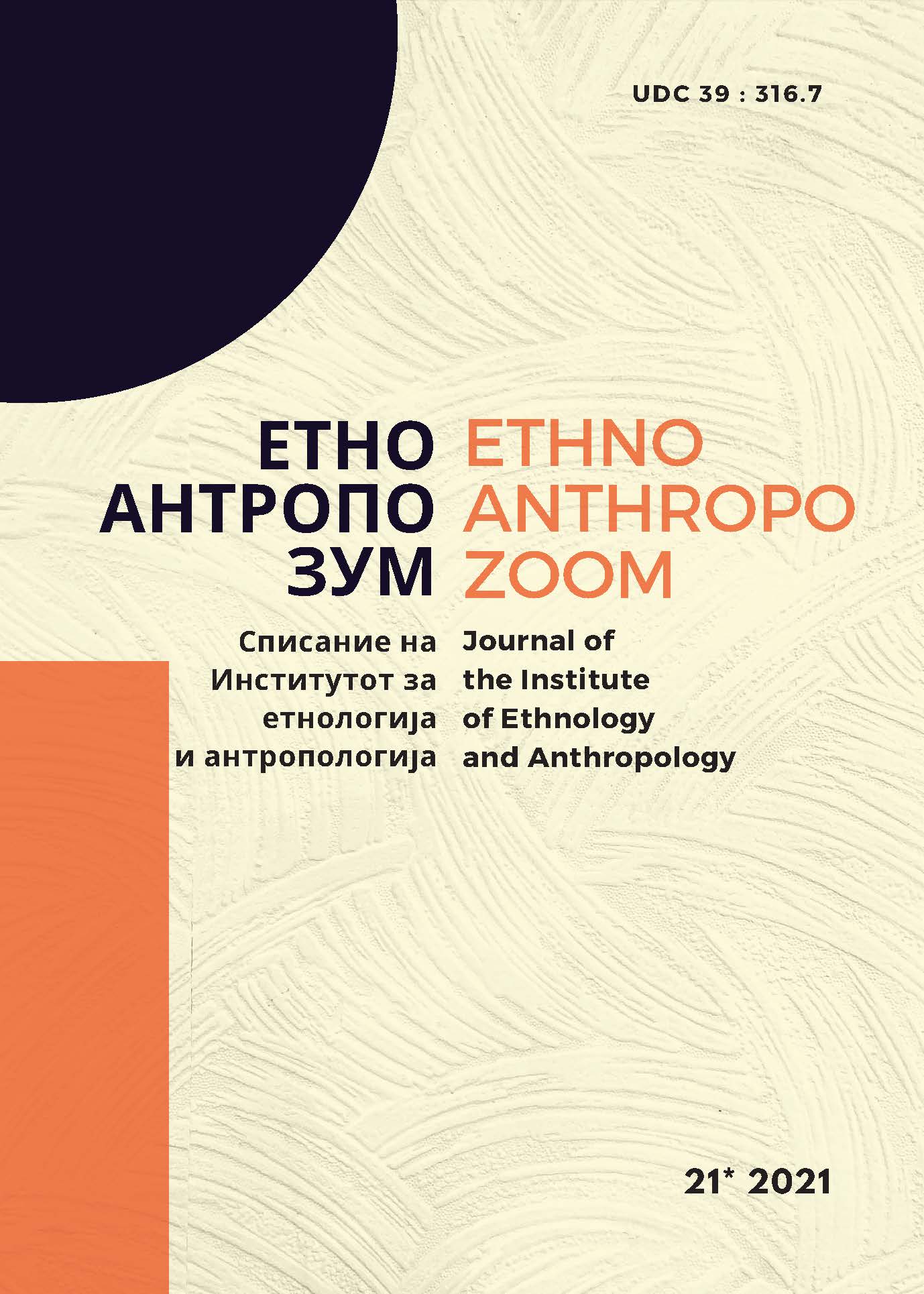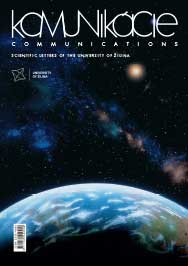
Analysis of Road Safety in Poland after Accession to the European Union
The article presents an assessment of the state of safety on Polish roads in the period 2004-2018 in terms of changes that occurred after Poland's accession to the EU. The number of vehicles in the period in question was analyzed and the annual growth of the number of vehicles of the main types was assessed. Analysis of changes in the length of the most important road types was carried out. The number of accidents and fatalities was analyzed and the changes in this area were assessed. The statistical decrease in the number of accidents and fatalities, as well as a very strong correlation between them, were confirmed. It was indicated in which groups of accidents the fatality risk is the highest. The paper presents a summary of the types of roads on which traffic accidents and fatal traffic accidents occurred. Shares of these roads were determined, indicating that the most dangerous roads in Poland are the two-way, two-lane roads.
More...
